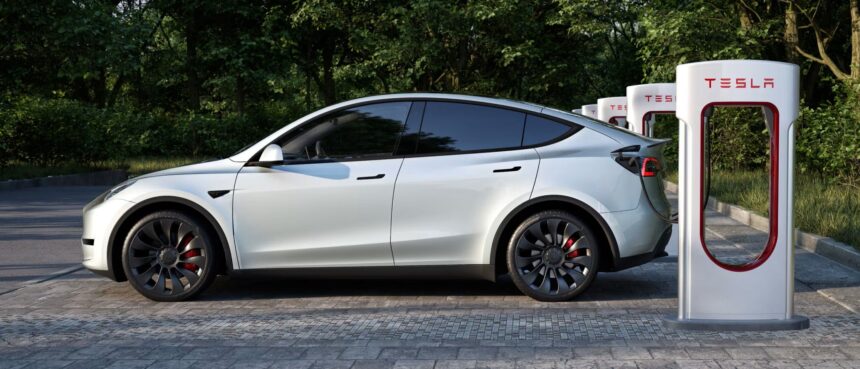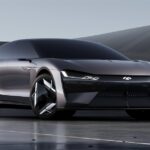The decision by US President-elect Donald Trump to scrap federal battery electric vehicle (BEV) tax incentives under the Inflation Reduction Act (IRA) has sent shockwaves through the South Korean electric vehicle (EV) battery industry. Shares in major South Korean battery manufacturers, including LG Energy Solution, Samsung SDI, and SK On, plunged by over 10% on average on Friday following the news.
The incentives, introduced by the Biden administration in 2022, provided buyers of BEVs with tax incentives worth up to US$7,500 per vehicle. The withdrawal of these incentives could have a significant impact on the growth outlook for North America’s BEV industry, as vehicle manufacturers and suppliers had already invested billions of dollars in transitioning to zero-emission vehicles.
The South Korean battery industry, which had invested over US$50 billion in establishing a battery supply chain for the North American BEV market, now faces uncertainty and challenges due to the potential policy changes in the US. Reports suggest that Trump’s transition team also plans to abolish the advanced manufacturing production credit (AMPC), which is aimed at supporting battery manufacturers.
The new government is looking to introduce policies that would support traditional US automakers like General Motors and Ford, which have faced challenges in transitioning to zero-emission vehicles. Hyundai Motor Group’s new plant in Georgia, initially designated for BEV production, has also decided to produce hybrid vehicles due to slower-than-expected growth in local BEV demand.
The South Korean battery manufacturers are now strategizing to find long-term survival measures while minimizing short-term damage. The industry is facing a pivotal moment as it navigates the changing landscape of the global EV market. The decision to scrap BEV tax incentives in the US could have far-reaching implications for the industry and its stakeholders.
As the industry adapts to these changes, stakeholders are urged to stay informed and proactive in order to navigate the evolving landscape of the global electric vehicle market. The South Korean battery industry’s response to these challenges will be crucial in determining its long-term sustainability and competitiveness in the global EV market.





